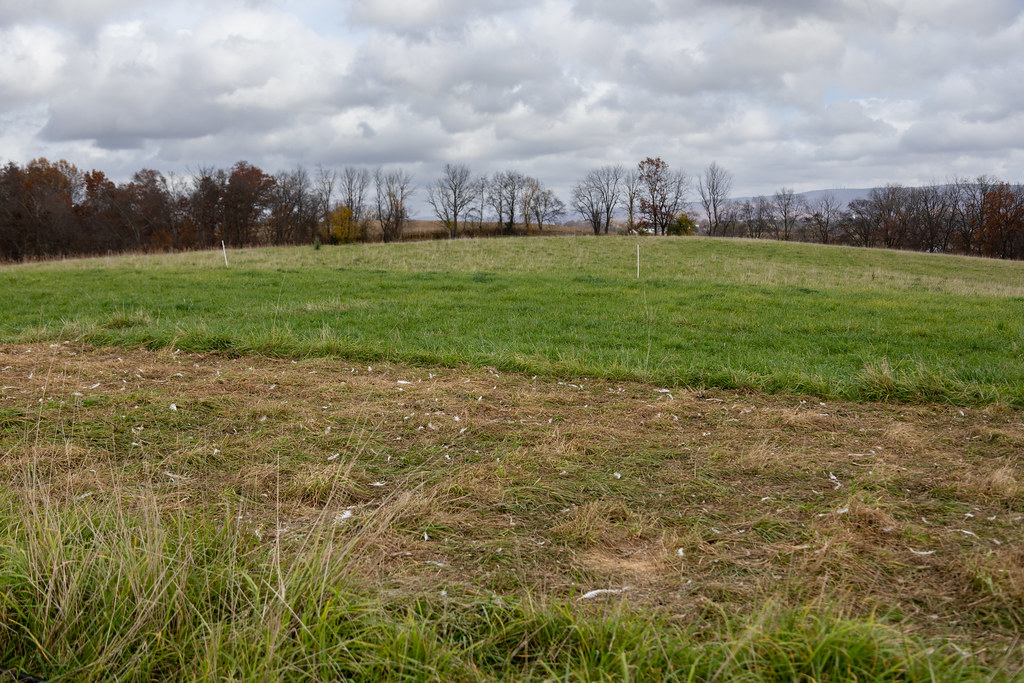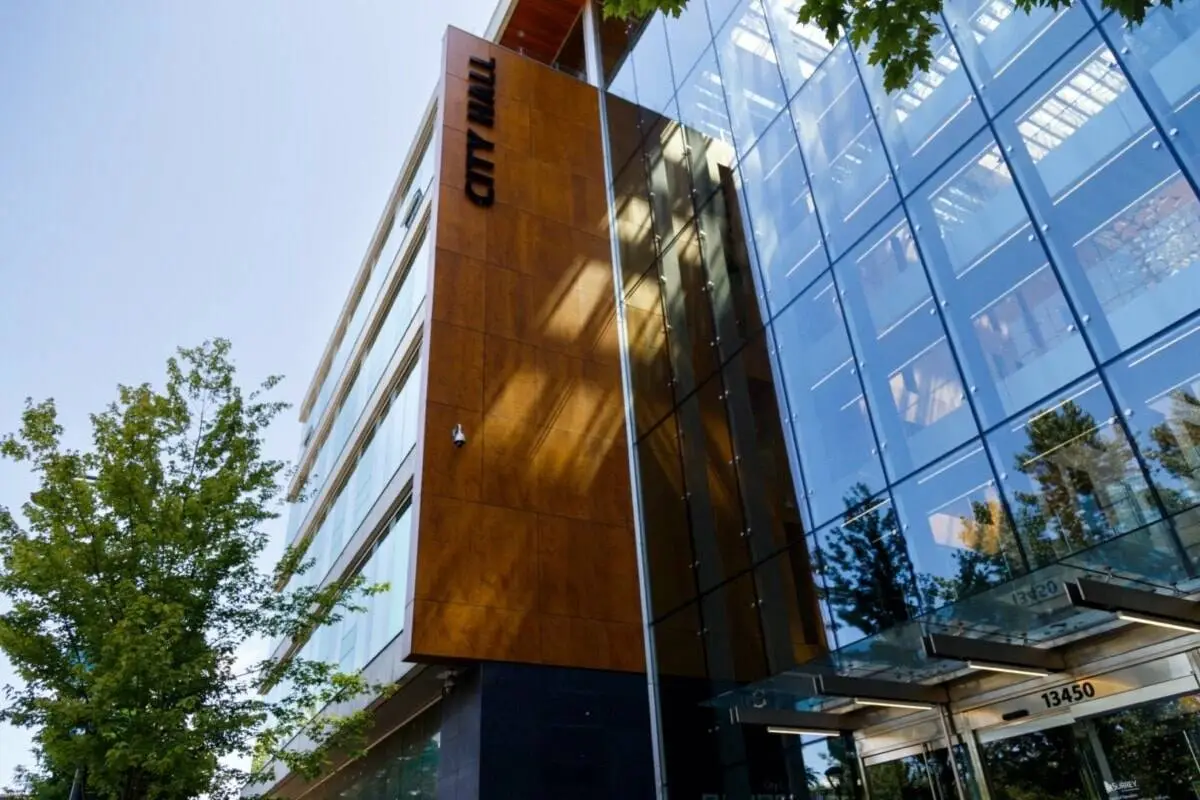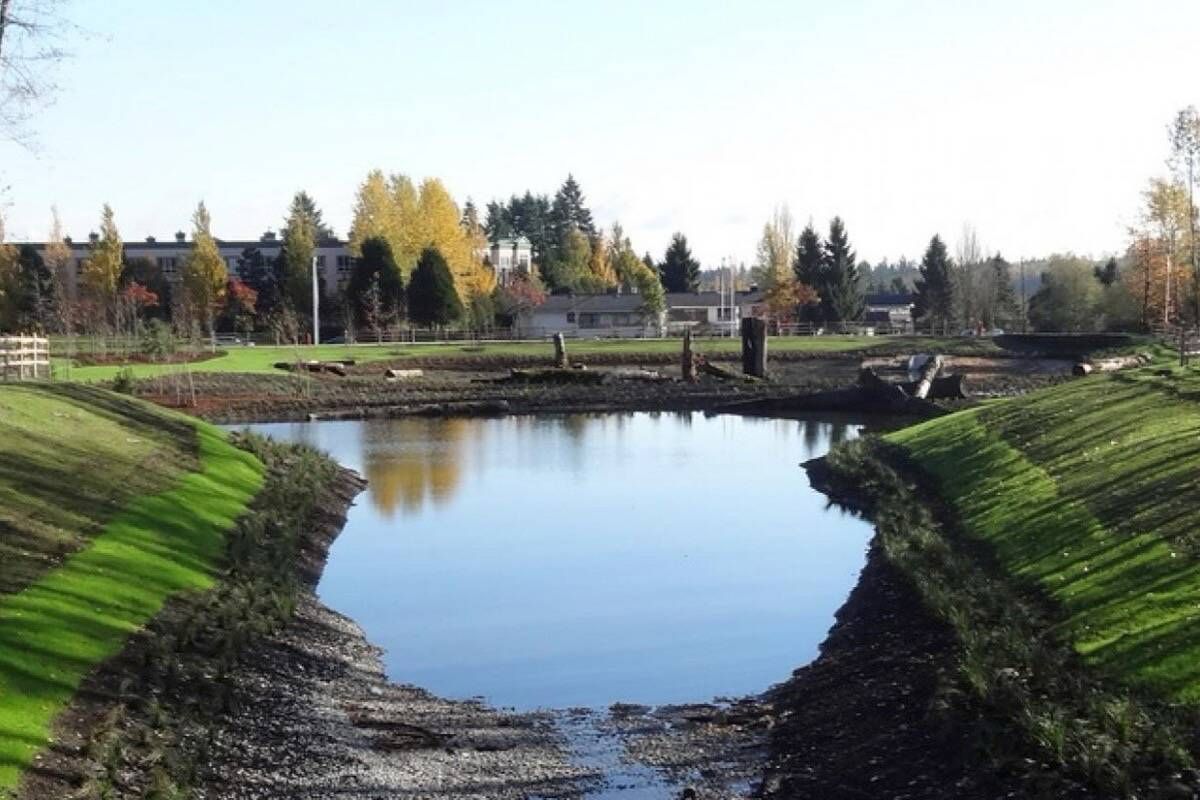Regenerative Farming: A Future-Ready Approach to Agriculture
Regenerative farming is gaining ground as a climate-smart solution that goes beyond sustainability. Unlike conventional or even organic farming, regenerative agriculture focuses on restoring and improving soil health, biodiversity, and ecosystem functions. This holistic approach isn’t just about maintaining the land—it’s about healing it.
Let’s dive deeper into what regenerative farming really is, its advantages, potential drawbacks, and why it’s emerging as a vital practice in today’s climate-threatened world.
What is Regenerative Farming?
Regenerative farming is a method of agriculture that enhances and regenerates the natural resources it uses. It emphasizes practices that restore soil fertility, boost biodiversity, and improve the water cycle while increasing the productivity and resilience of the land.
Unlike industrial agriculture, which often depletes soil and pollutes the environment, regenerative agriculture uses techniques like:
- Cover cropping (growing plants to protect and enrich the soil)
- No-till farming (avoiding plowing to preserve soil structure and microbes)
- Crop rotation and diversification
- Integrating livestock to naturally fertilize soil
- Agroforestry (combining trees with crops or animals)
- Composting and natural inputs instead of synthetic fertilizers
The goal is not only to produce food but also to improve the land’s capacity to absorb carbon, retain water, and support diverse life forms.
Benefits of Regenerative Farming
1. Improves Soil Health
Healthy soil is the foundation of productive farming. Regenerative practices rebuild organic matter, increase microbial activity, and reduce erosion. This leads to better nutrient retention and higher crop yields over time.
2. Captures Carbon
Soil is a massive carbon sink. Practices like no-till farming and cover cropping help trap carbon dioxide from the atmosphere and store it in the ground, making regenerative farming a powerful tool against climate change.
3. Boosts Biodiversity
Regenerative farms are typically more diverse than monoculture systems. This biodiversity makes the ecosystem more resilient to pests, diseases, and extreme weather events.
4. Reduces Water Use
Healthy soils can retain water better, reducing the need for irrigation and helping farmers cope with droughts.
5. Builds Farmer Resilience
By relying less on chemical inputs and external resources, regenerative farming reduces dependency and increases self-sufficiency. Over time, it lowers input costs and enhances profitability.
6. Produces Nutritious Food
There is growing evidence that crops grown on regeneratively managed soil have higher levels of vitamins, minerals, and antioxidants.
Challenges and Drawbacks
Despite its many benefits, regenerative agriculture is not without challenges:
1. Transition Costs and Learning Curve
Shifting from conventional to regenerative methods takes time, knowledge, and sometimes upfront investment. Farmers may face lower yields during the initial transition phase.
2. Lack of Policy Support
Most agricultural subsidies still favor conventional practices. There’s limited policy support or incentives for regenerative methods in many regions.
3. Measurement and Certification
There is no universal standard or certification for regenerative farming, which makes it difficult to measure outcomes or gain consumer trust in labeled products.
4. Market Access
Many regenerative farmers struggle to find premium markets that value their eco-friendly produce, limiting their financial motivation to maintain the system long-term.
Why Regenerative Farming Matters Now
With soil degradation affecting over a third of the Earth’s land and climate change accelerating, regenerative farming offers a pathway to restore ecological balance, ensure food security, and combat global warming.
In the next 30 years, the world will need to produce more food using fewer resources. Regenerative agriculture offers a rare win-win: it feeds people, nurtures the planet, and empowers farming communities.
Final Thoughts
Regenerative farming isn’t just a technique—it’s a mindset. It reimagines agriculture as a healing force rather than an extractive one. While it may not be a one-size-fits-all solution, its principles can be adapted and scaled to fit diverse climates, cultures, and economies.
By investing in regenerative practices today, we’re planting the seeds for a more resilient, fertile, and hopeful future.














Leave a comment